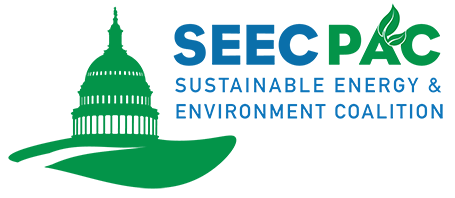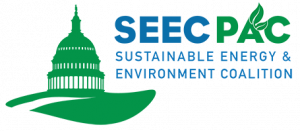ENVIRONMENTAL JUSTICE
SEEC believes that every single American should have access to clean air, clean water, and healthy outdoor spaces. But as we see with the Flint Water Crisis, the lack of access to safe, running water in the Navajo Nation, cancer alley in Louisiana, and plastic pollution in Houston, those rights are not fully realized.
Environmental racism and a long history of disproportionate pollution impacts in low-income communities and communities of color have meant decades of injustice when it comes to access to these basic necessities.
Policies to right these wrongs and address environmental injustice are critical and SEEC is committeed to leading on these issues:
In the 116th Congress, SEEC member Rep. Raúl M. Grijalva and SEEC Vice-Chair Rep. A. Donald McEachin introduced the Environmental Justice for All Act, which shifts the burden of assessing whether a proposed industry activity would harm a community from the community themselves — who often don’t have the resources to do so — to industry and the federal government. It also declares once and for all that all people have the right to breathe clean air, drink clean water, live free of dangerous levels of toxic pollution, and share the benefits of a prosperous and vibrant clean energy economy.
The COVID-19 crisis has made the importance of acting on environmental justice issues more urgent than ever. Low-income communities, communities of color, and indigenous communities suffer from higher rates of exposure to hazardous air and water pollution from power plants, waste sites, ports and freeways, industrial activities, and many other sources of pollution. Now, decades of increased exposure to air pollution in these communities has led to a disproportionate number of cases of asthma and other respiratory diseases that increase the fatality rate of respiratory viruses like COVID-19. Even once this specific pandemic fades, the pollution and negative health implications remain. We have a moral imperative to act now to push for an equitable climate change agenda
An aspect of the environment we don’t talk about enough
Decade after decade we see working families, low-income communities, indigenous peoples, communities of color, and other frontline communities disproportionately bearing the burden of environmental pollution.

